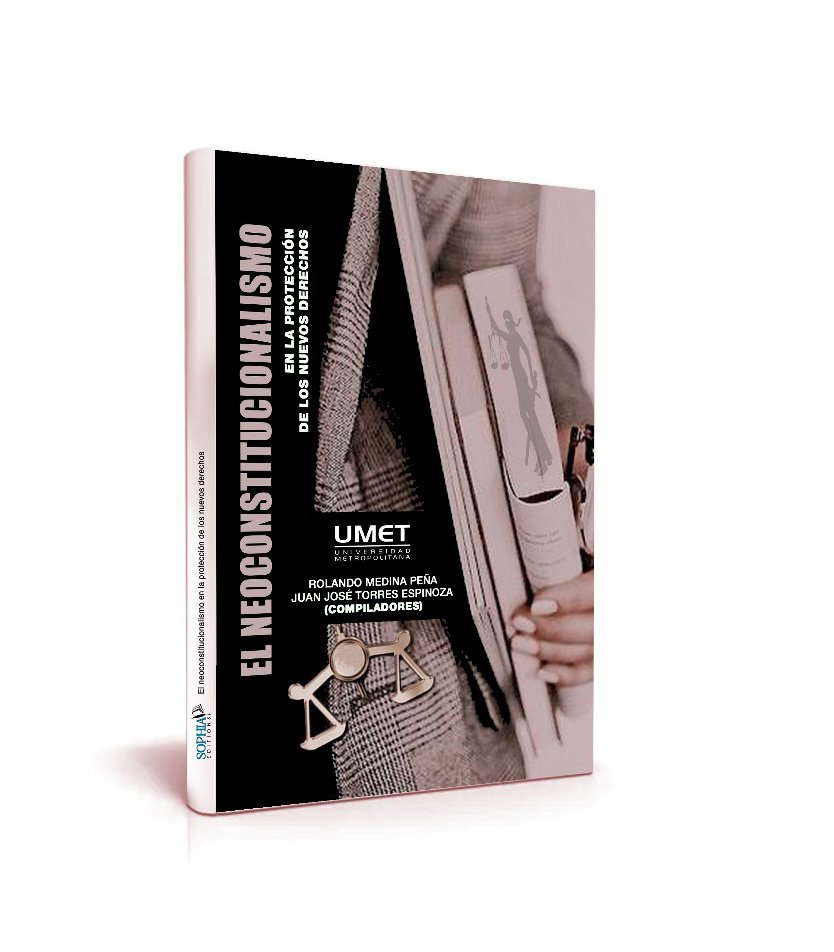
Neoconstitutionalism in the protection of new rights
Coordinators: Rolando Medina-Peña, Juan José Torres-Espinoza
ISBN: 979-8-9920482-0-9
DOI: https://doi.org/10.64092/MXYZ9684
Year: 2024
Language: Spanish
BISAC Codes: LAW010000; SOC054000; POL022000
Zenodo: https://zenodo.org/records/15742113
Share it
Description
Neoconstitutionalism in Latin America redefines the State to strengthen the protection of human rights, inclusion and pluralism. This model promotes plurinationality, interculturality and social justice, recognizing cultural diversity and the active participation of indigenous peoples and marginalized sectors. In Ecuador, the Montecristi Constitution integrates these principles, promoting material equality, decentralization and respect for indigenous legal systems. This approach includes essential collective, environmental and social rights such as health, education and housing, fundamental for a dignified life. Furthermore, it advocates the separation between politics and religion, respecting freedom of belief and avoiding the political use of faith. Legal pluralism and multiculturalism seek a harmonious coexistence between diverse worldviews, promoting intercultural dialogue and respect for difference. Ecuador leads with its recognition of nature as a subject of law, highlighting the relationship between sustainability and development. The work presented examines the advances, limitations and challenges of Ecuadorian neoconstitutionalism, highlighting its research base from university projects that address topics such as the protection of environmental rights, gender equality and judicial effectiveness, consolidating an inclusive and sustainable justice model.
Suggested citation (APA, 7th edition)
Medina-Peña, R., & Torres-Espinoza, J. J. (Coord.) (2024). Neoconstitutionalism in the protection of new rights. Sophia Editions.
